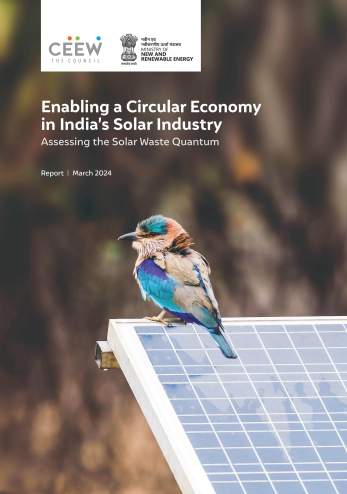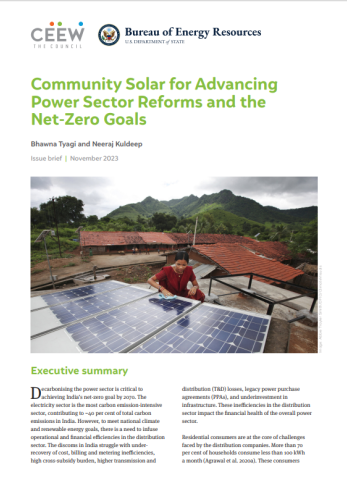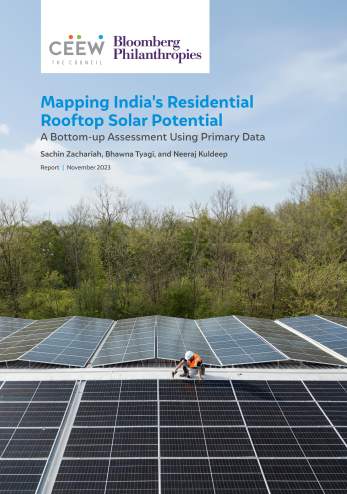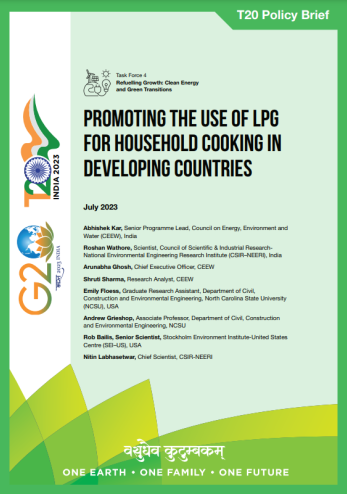Book Chapter
Drivers, Apparatus, and Implications of India’s Renewable Energy Ambitions
Kanika Chawla
January 2018 | Energy Transitions
Suggested citation: Chawla K. 2018. Drivers, Apparatus, and Implications of India’s Renewable Energy. Ambitions. In: Scholten D. (eds) The Geopolitics of Renewables. New York, NY: Springer.
Overview
This book chapter explores India’s strides in renewable energy (RE) policy domestically, and the geopolitical implications of its renewable energy dreams. It examines India’s unique clean energy transition and its drivers, means, and outcomes, focusing on the impact on actors, foreign policy, and inter-actor relationships. Further, it focuses on the socio-economic drivers of renewable energy policy, and the political and diplomatic ramifications of the energy policy evolution.
Key Highlights
- India needs an integrated, stable and consistent energy policy to pursue its long-term vision.
- Despite the existing concerns around energy storage, grid stability and integration, and the cost of finance for RE projects, existing, planned, and new initiatives are aimed at addressing these concerns.
- The dynamism currently being displayed in the RE market needs to be maintained and further encouraged with policy mechanisms.
- As policies address links between demand and supply among the energy sectors and among the economy’s non-energy sectors, they should also fully reflect the relative costs of consumers’ alternative energy choices.
- Domestic and foreign policies should be in sync across the economy to facilitate smooth transitions to new energy markets and ensure a good investment climate with clear long-term direction for stakeholders.
- Policy and regulatory systems must be coordinated to build trust and so that they can take tough decisions to reconcile often-conflicting challenges. This includes, clear pathways to address imminent issues such as technology traps, clean energy trade disputes, access to materials, and potential increases in energy insecurity with rising import dependence linked to the RE transition.
- The success of India’s RE market would depend on the ability of the sector to respond to drivers of the market such as energy access, job creation, climate change, and energy security.
- The tradeoff between domestic manufacturing of renewable energy technology and the cost competitiveness of renewable energy technology would need to be addressed and understood holistically. This would be central to understanding the geopolitics of RE from an Indian perspective.
- The role India plays in the international regime of renewable energy would evolve continuously and influence India’s foreign policy. On the other hand, the kind of foreign policy choices the country makes in the coming years would also determine India’s role in the clean energy transition.
The success of India’s RE market would depend on the ability of the sector to respond to drivers of the market such as energy access, job creation, climate change, and energy security.








